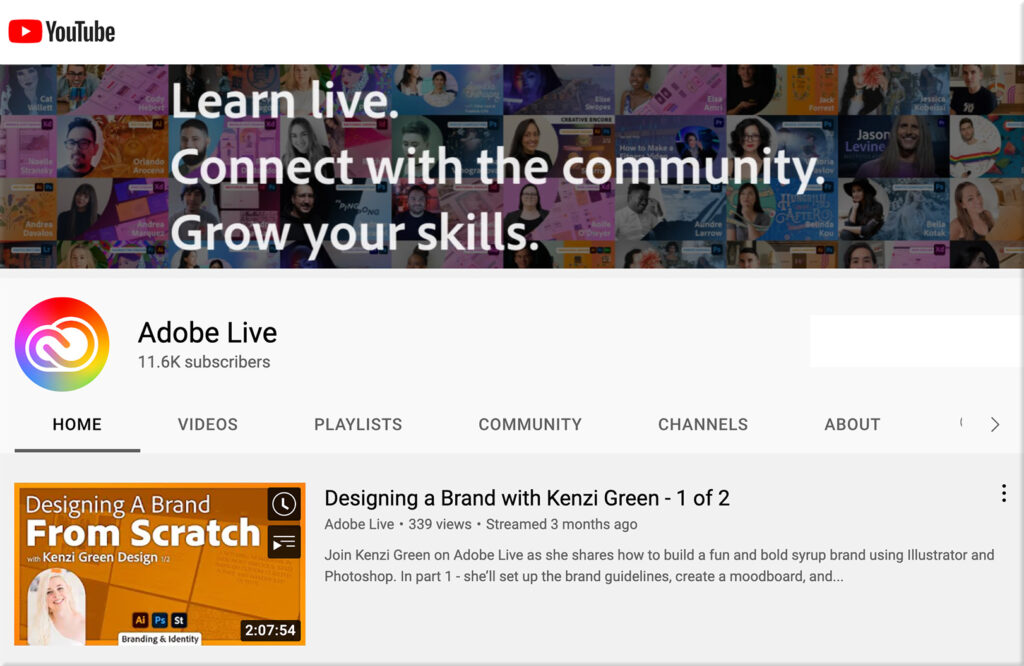A learning ecosystem is composed of people, tools, technologies, content, processes, culture, strategies, and any other resource that helps one learn. Learning ecosystems can be at an individual level as well as at an organizational level.
Some example components:
- Subject Matter Experts (SMEs) such as faculty, staff, teachers, trainers, parents, coaches, directors, and others
- Fellow employees
- L&D/Training professionals
- Managers
- Instructional Designers
- Librarians
- Consultants
- Types of learning
- Active learning
- Adult learning
- PreK-12 education
- Training/corporate learning
- Vocational learning
- Experiential learning
- Competency-based learning
- Self-directed learning (i.e., heutagogy)
- Mobile learning
- Online learning
- Face-to-face-based learning
- Hybrid/blended learning
- Hyflex-based learning
- Game-based learning
- XR-based learning (AR, MR, and VR)
- Informal learning
- Formal learning
- Lifelong learning
- Microlearning
- Personalized/customized learning
- Play-based learning
- Cloud-based learning apps
- Coaching & mentoring
- Peer feedback
- Job aids/performance tools and other on-demand content
- Websites
- Conferences
- Professional development
- Professional organizations
- Social networking
- Social media – Twitter, LinkedIn, Facebook/Meta, other
- Communities of practice
- Artificial Intelligence (AI) — including ChatGPT, learning agents, learner profiles,
- LMS/CMS/Learning Experience Platforms
- Tutorials
- Videos — including on YouTube, Vimeo, other
- Job-aids
- E-learning-based resources
- Books, digital textbooks, journals, and manuals
- Enterprise social networks/tools
- RSS feeds and blogging
- Podcasts/vodcasts
- Videoconferencing/audio-conferencing/virtual meetings
- Capturing and sharing content
- Tagging/rating/curating content
- Decision support tools
- Getting feedback
- Webinars
- In-person workshops
- Discussion boards/forums
- Chat/IM
- VOIP
- Online-based resources (periodicals, journals, magazines, newspapers, and others)
- Learning spaces
- Learning hubs
- Learning preferences
- Learning theories
- Microschools
- MOOCs
- Open courseware
- Portals
- Wikis
- Wikipedia
- Slideshare
- TED talks
- …and many more components.
These people, tools, technologies, etc. are constantly morphing — as well as coming and going in and out of our lives.









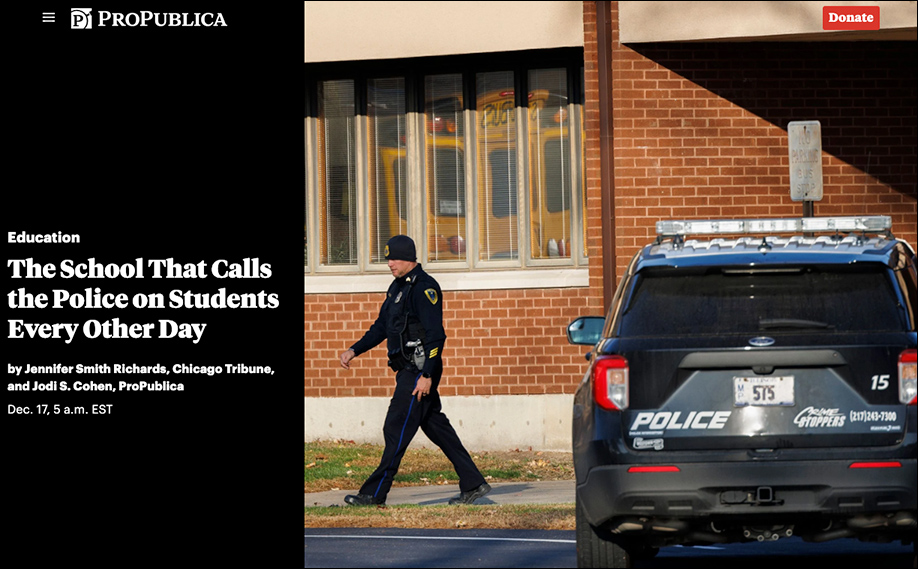
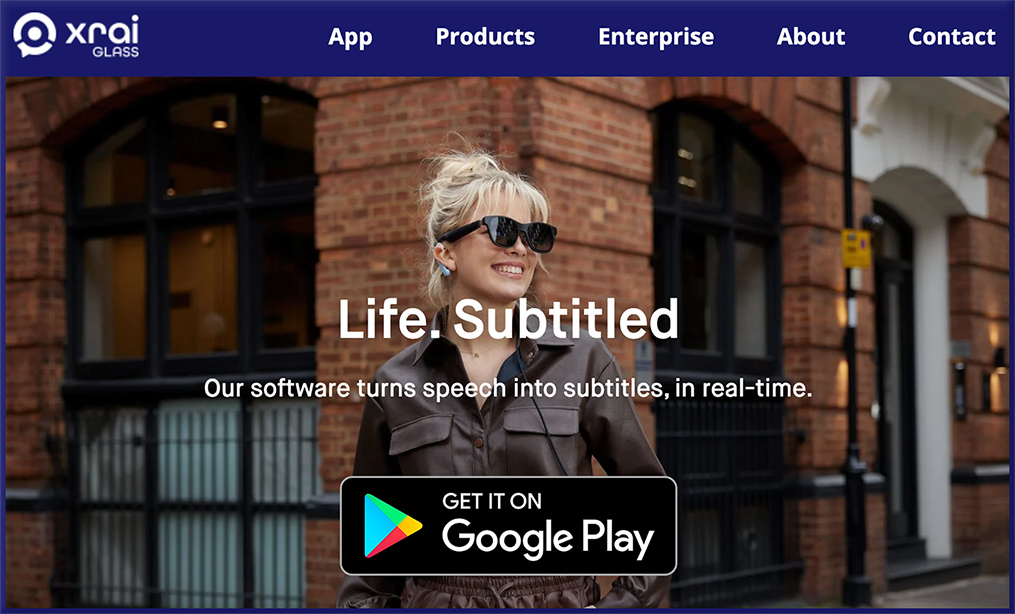
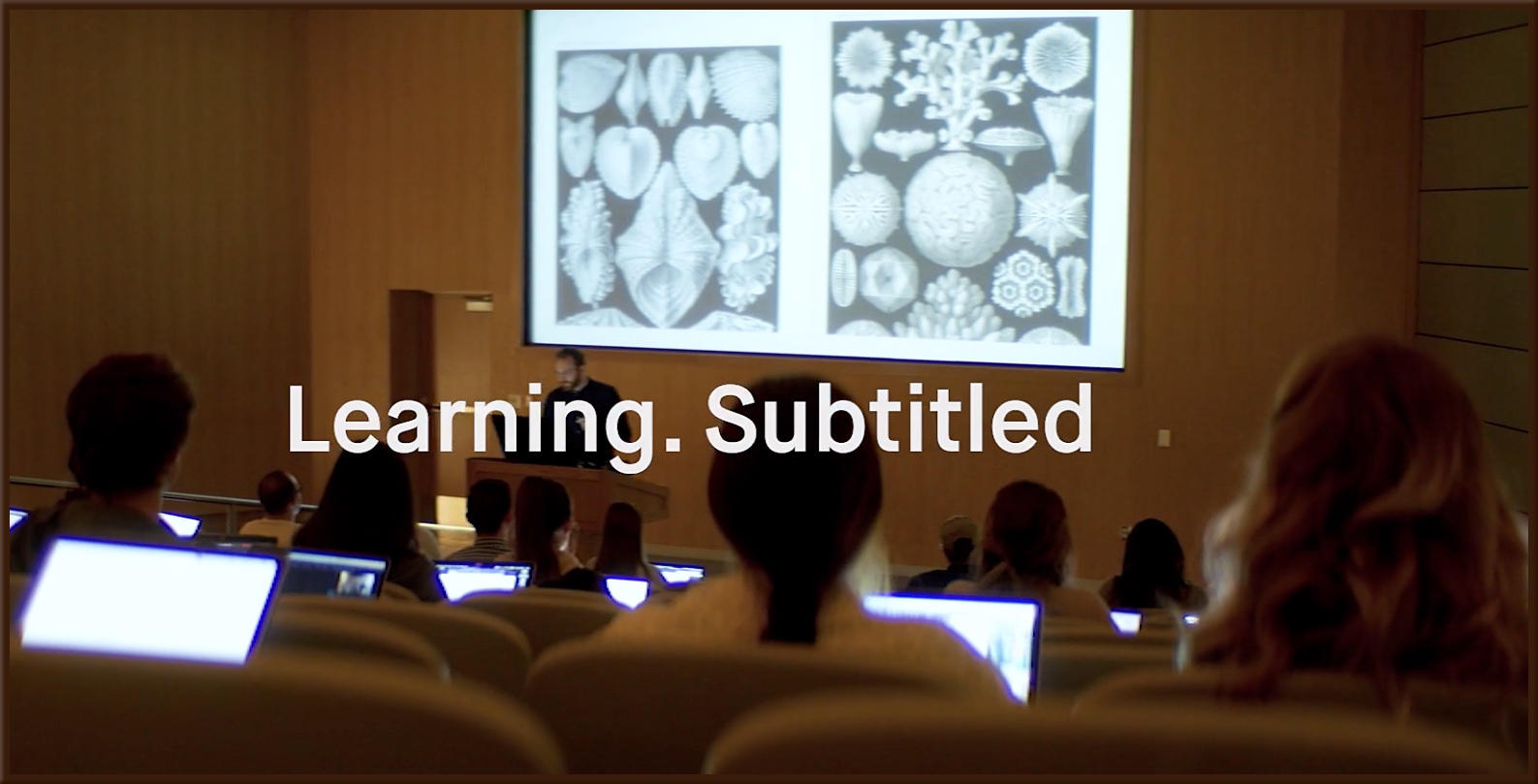
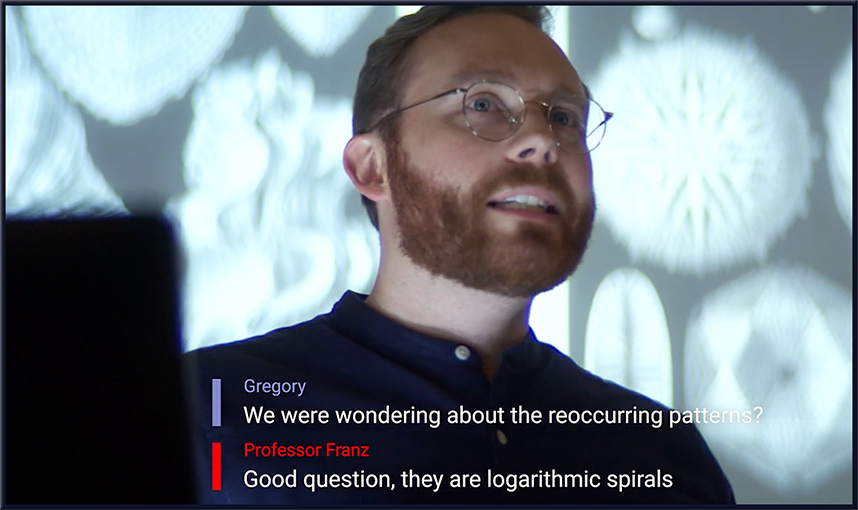
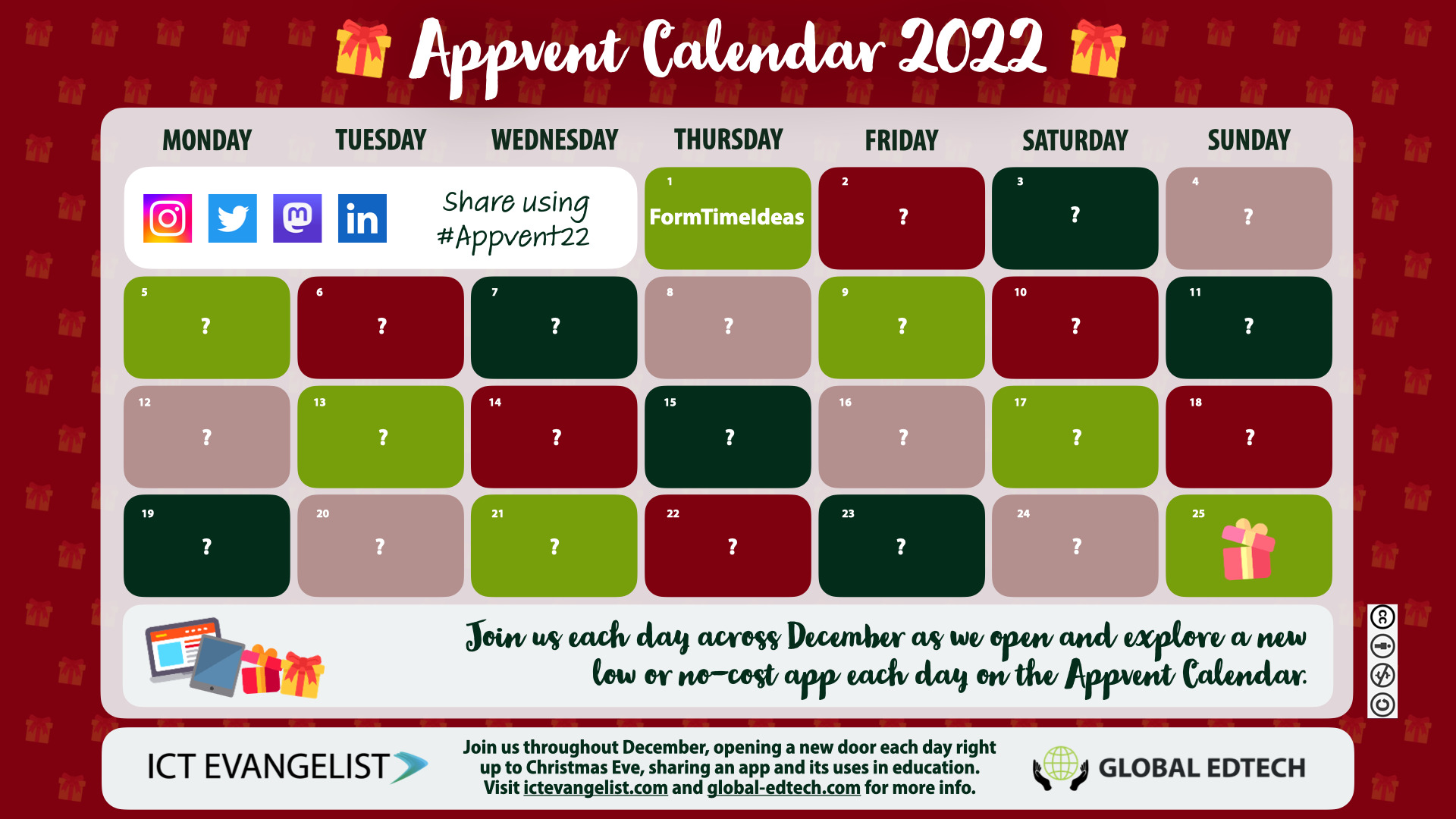
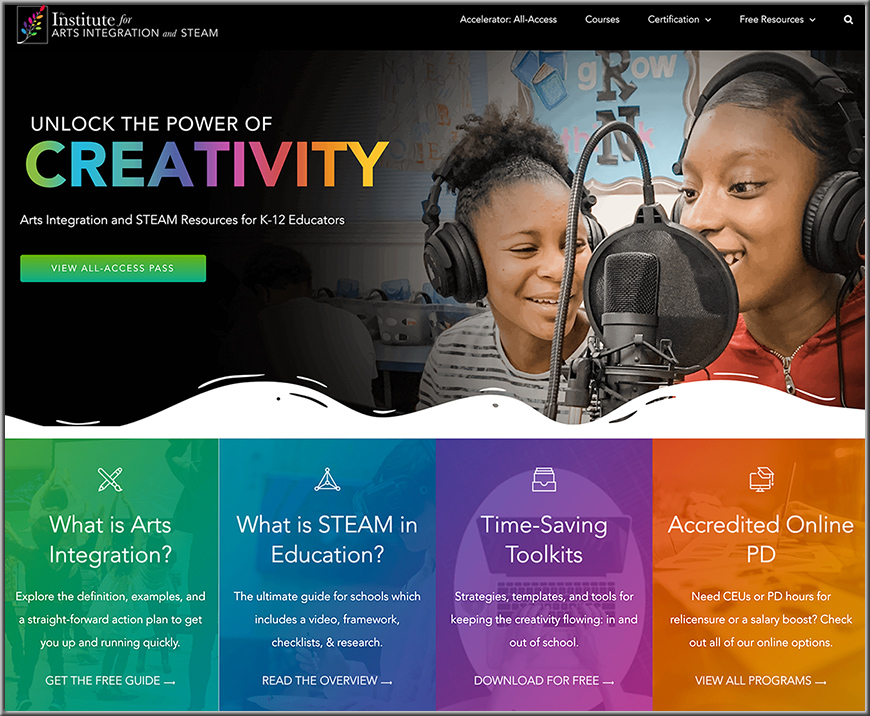
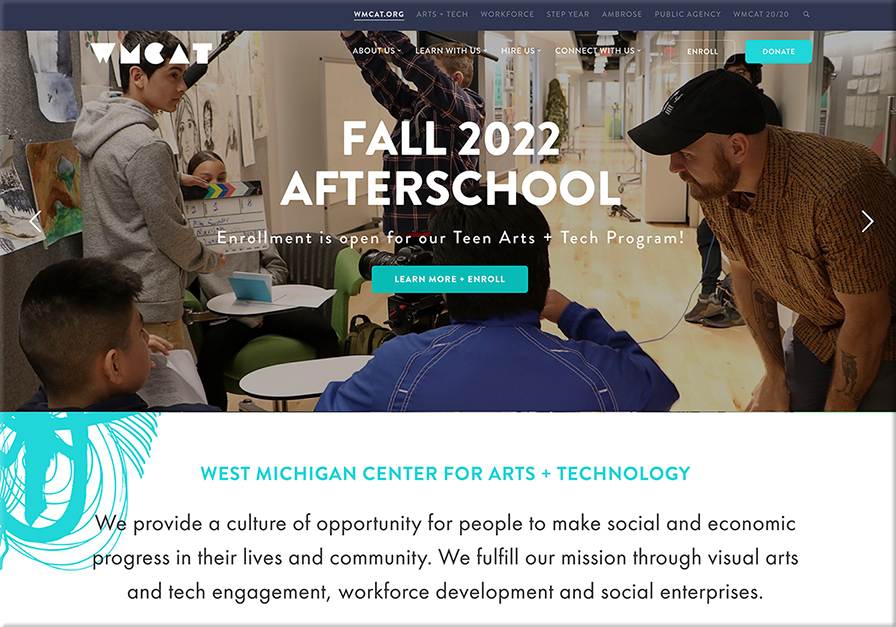

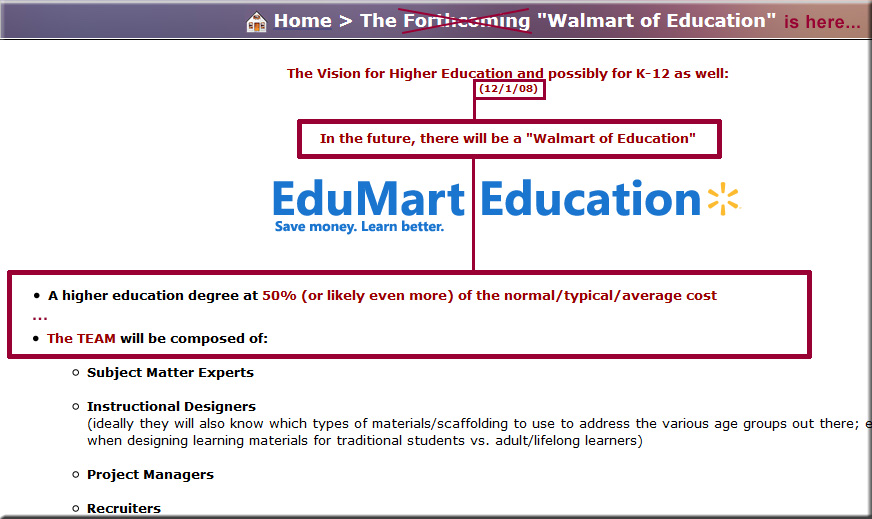

![The Living [Class] Room -- by Daniel Christian -- July 2012 -- a second device used in conjunction with a Smart/Connected TV](http://danielschristian.com/learning-ecosystems/wp-content/uploads/2012/07/The-Living-Class-Room-Daniel-S-Christian-July-2012.jpg)
